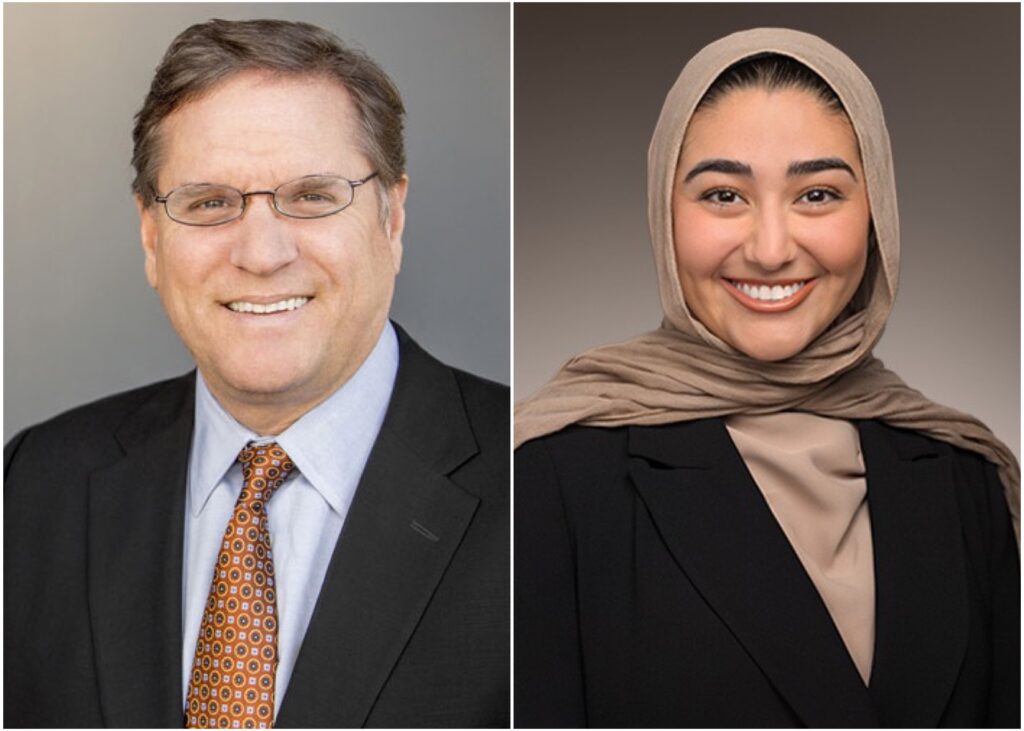
By Michael G. Polis and Rawan N. Khalili
The No Surprises Act (the “Act”)[1], signed into law on December 27, 2020 by the U.S. Congress, took effect on January 1, 2022. The Act was passed with the goal of addressing “surprise medical bills” for patients who unknowingly obtain medical services from providers outside of their network. The Act provides significant protections for patients, however, providers ought to be aware of the impacts of the Act on their practice. This article will summarize Section 112 of the Act, which establishes the “Good Faith Estimate”[2] requirements for providers.
What is a Good Faith Estimate?
The Good Faith Estimate (“GFE”) requires providers to make “Good Faith” estimates of services available to self-insured patients. Practitioners are required to provide reliable and accurate cost estimates for self-insured individuals, which must include all “co-providers,” (i.e. anesthesiologist-anesthetist, facility fee, and other fees related to the medical procedure).
Providers have some flexibility with the estimate, and while it’s not necessarily completely binding, a patient can dispute the bill if it’s at least $400 over the GFE.
The Good Faith Estimate includes the following:
A GFE is a timely written notice that is signed by the patient. According to guidance from the U.S. Department of Health and Human Services (“HHS”):
- A good faith estimate must be provided within 3 business days upon request.
- Information regarding scheduled items and services must be furnished within:
- 1 business day of scheduling an item or service to be provided in at least 3 business days;
- 3 business days of scheduling an item or service to be provided in at least 10 business days
If the patient is a minor, the GFE should be signed by a legal guardian or whoever is obligated to pay for the service. The GFE should also include an itemized list of items or services that are reasonably expected to be furnished or provided to the patient related to the procedure.
A revised GFE must be provided if the facility or practitioner becomes aware of changes to the scope of the services provided. If the scope has changed, the prior GFE shall be revoked and a new GFE be provided before the procedure is undertaken.
Unexpected items or services provided during a Procedure.
[1] Enacted as part of the Consolidated Appropriations Act 2021 (CAA-21)) (Pub. L. 116-260, 134 Stat. 1182 (2020)): [1] 42 U.S.C. § 300gg-136
The “unexpected” item or service must be truly unforeseen, sudden, or unanticipated. The rule of thumb is to provide “worst case” scenarios in the GFE. If “worst case” scenarios are not included in the GFE, the service that was not included in the GFE may be disputed. The likelihood of success is low in a dispute between a patient and seasoned practitioner related to whether the GFE included anticipated reasonable fees and costs in a fee dispute. That being said, it’s best to have the GFE include all “expected” costs related to the services provided. While the Act suggests providing the estimate at least three business days before the scheduling of services, it is best practice to have the practitioner’s office staff discuss and review the GFE (or a revised GFE) with the patient several days before the scheduled procedure.
Notice of the No Surprises Act
Along with the Health Insurance Portability and Accountability Act (“HIPAA”) policies, practitioners should post “No Surprises Act” and “Good Faith Estimate” notices on their website and in office. Provider offices should also be prepared to provide oral notices of a patient’s ability to receive a GFE. Should a patient require the notice in accessible formats and in different languages, provider offices should be prepared to make those available.
Additionally, providers should post the separate required notice about surprise billing for out-of-network services. HHS has drafted model language to use for both these notices.
For questions or more information about your right to a Good Faith Estimate, visit www.cms.gov/nosurprises or call 1-800-985-3059.


